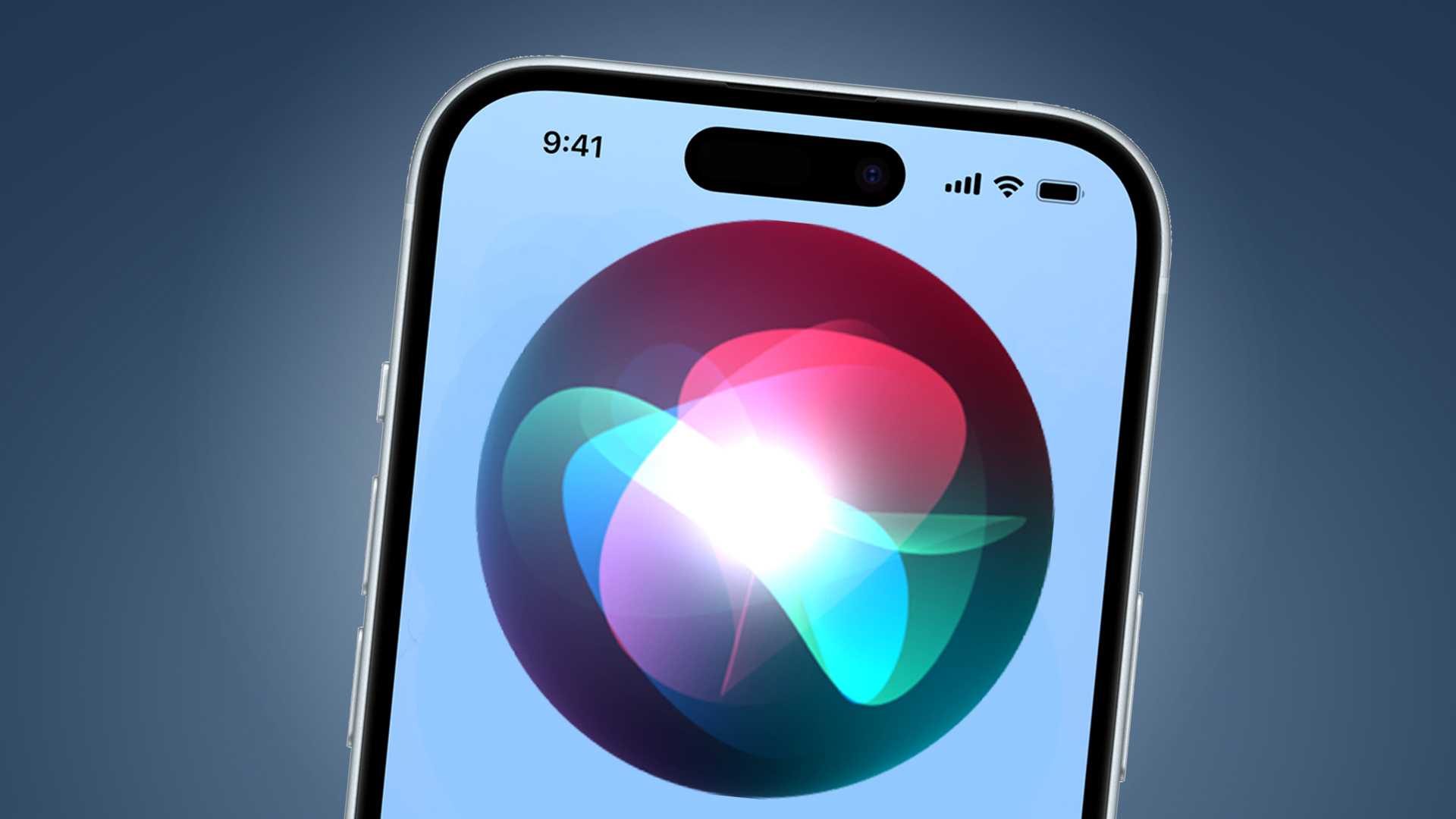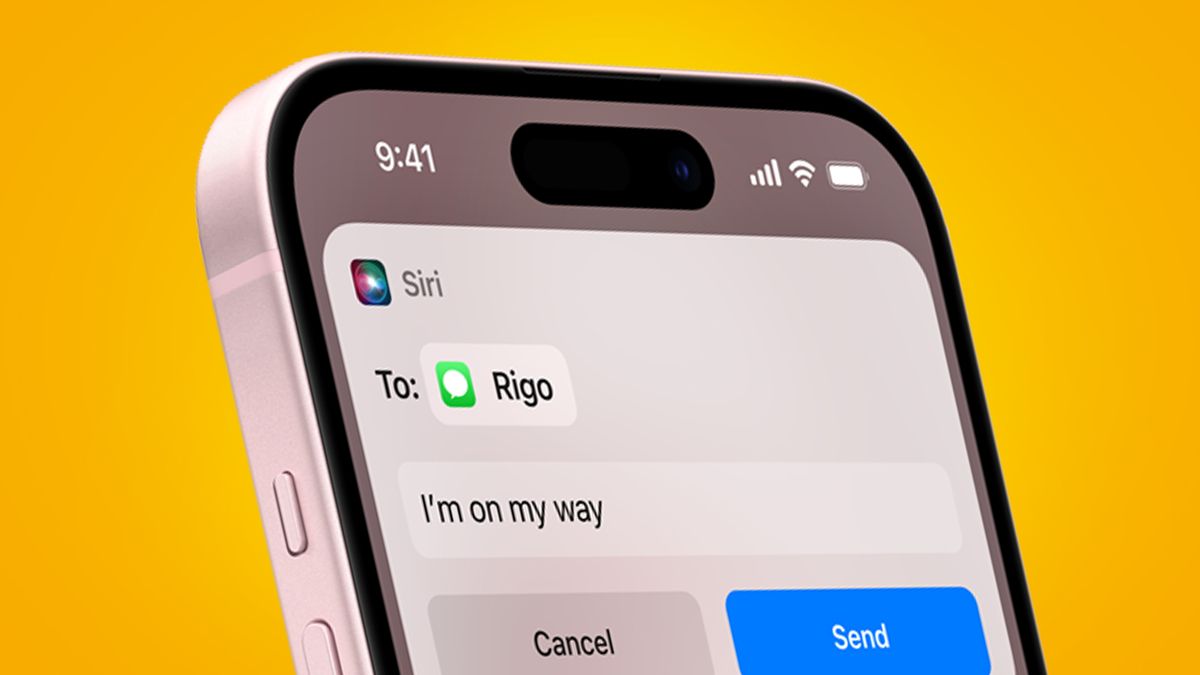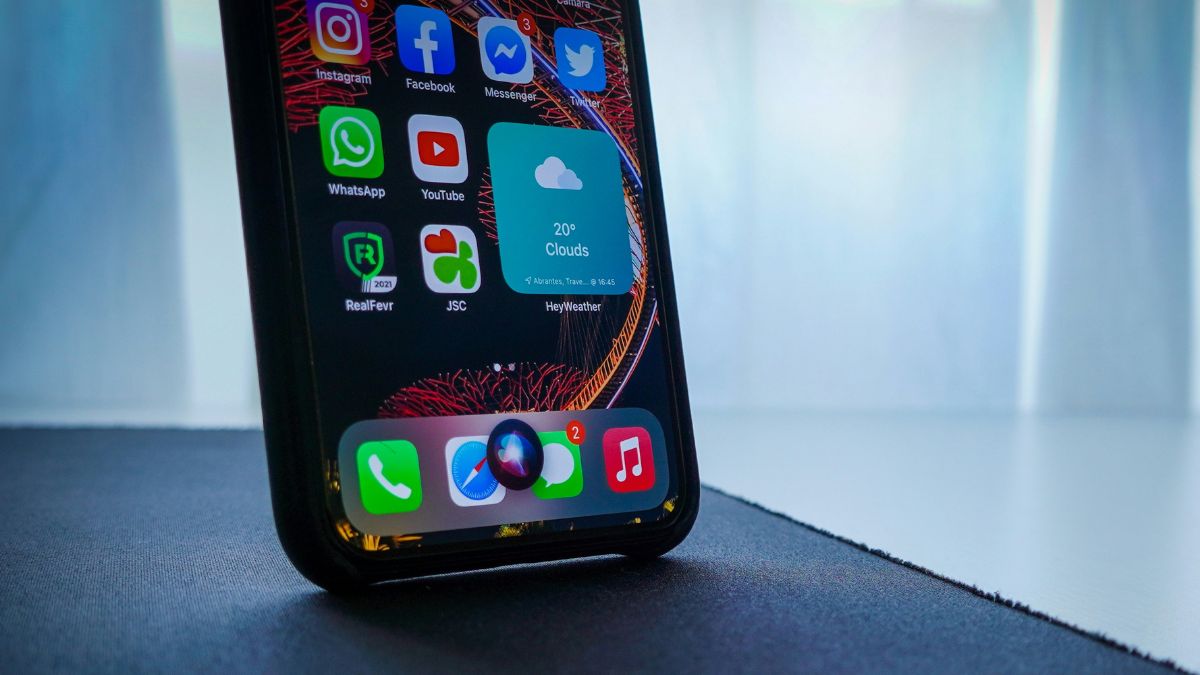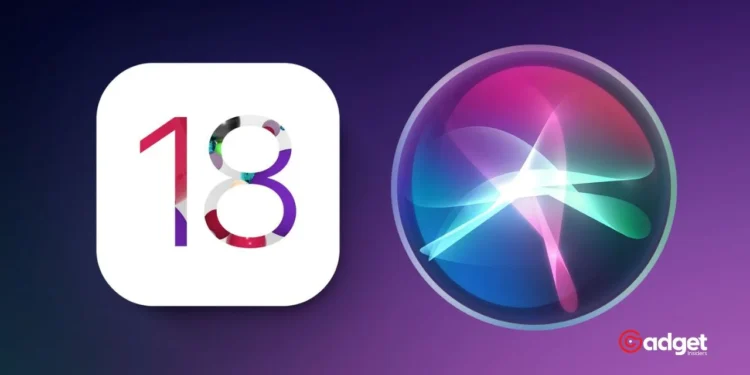As we approach Apple’s Worldwide Developers Conference (WWDC) on June 10, speculation is mounting over whether Siri, Apple’s pioneering virtual assistant, will receive the updates necessary to keep pace with the rapid advancements in AI technology. While Siri was revolutionary at its inception, its current capabilities have been overshadowed by more dynamic and versatile AI assistants like OpenAI’s ChatGPT and Google’s Assistant. This year, with the potential release of iOS 18, Apple could finally bridge the gap.

Siri’s Struggle with Basics and Anticipated Improvements in iOS 18
Despite the sleek interface of iOS 17, Siri has shown limitations, particularly in contextual understanding and conversation continuity. For instance, when asked to add the Olympic dates to a calendar, Siri’s response—”What should I call it?”—highlights a fundamental gap in its processing that wouldn’t trip up a human. This kind of interaction suggests that while Siri can handle direct questions, its ability to follow through in a conversation is lacking. With iOS 18, Apple is expected to introduce significant enhancements to Siri. These updates are crucial as they would not only improve Siri’s fundamental features but potentially incorporate advanced AI technologies that enhance contextual awareness and conversation flow.
The Evolution of AI Assistants: From Siri to Multimodal Capabilities
When Siri was introduced with the iPhone 4S in 2011, it set a new standard for voice-activated technology, offering interactions that felt surprisingly human. However, the landscape of virtual assistants has evolved dramatically. Recent developments from tech giants like OpenAI and Google have introduced assistants that not only understand voice commands but also interpret visual, textual, and auditory data in a unified manner.
The leap towards multimodal AI assistants was highlighted during OpenAI’s recent demonstration of GPT-4o, which showcased abilities such as tone inflexion, sarcasm, and even flirting. These capabilities represent a significant shift from Siri’s current functionalities and pose a challenge to its competitive edge.

Apple’s Potential Moves in Multimodal AI
While Apple has traditionally maintained a cautious approach to the integration of cutting-edge technologies, the company has hinted at potential developments in multimodal AI. A recent research paper discussed “Ferret,” a prototype that understands screen content and assists users in navigating apps, indicating that Apple is exploring more advanced AI functionalities. Moreover, Apple’s strong emphasis on privacy could become a unique selling point for Siri amidst growing concerns about data security among competitors. The company plans to process more complex requests directly on devices, using Apple’s custom chips, ensuring that user data remains private.
Looking Forward: Siri at WWDC and Beyond
As WWDC approaches, all eyes are on Apple to see how it will address the advancements in AI technology. Analyst Avi Greengart from Techsponential notes that while Apple has been methodical with its updates to Siri, focusing incrementally on specific areas like sports and entertainment, the pressure is now on to make more substantial leaps.

The anticipated updates in iOS 18 could be pivotal in transforming Siri into a more intelligent and nuanced assistant. Expected integrations into Apple’s ecosystem, such as improvements in handling multistep tasks and enhancing interactions across various apps, could redefine the user experience.
In conclusion, as the AI landscape continues to evolve, the upcoming WWDC could be a watershed moment for Siri. Company’s strategy in upgrading Siri not only needs to catch up with current technologies but also anticipate future developments in AI to remain relevant in the fiercely competitive market of virtual assistants.









